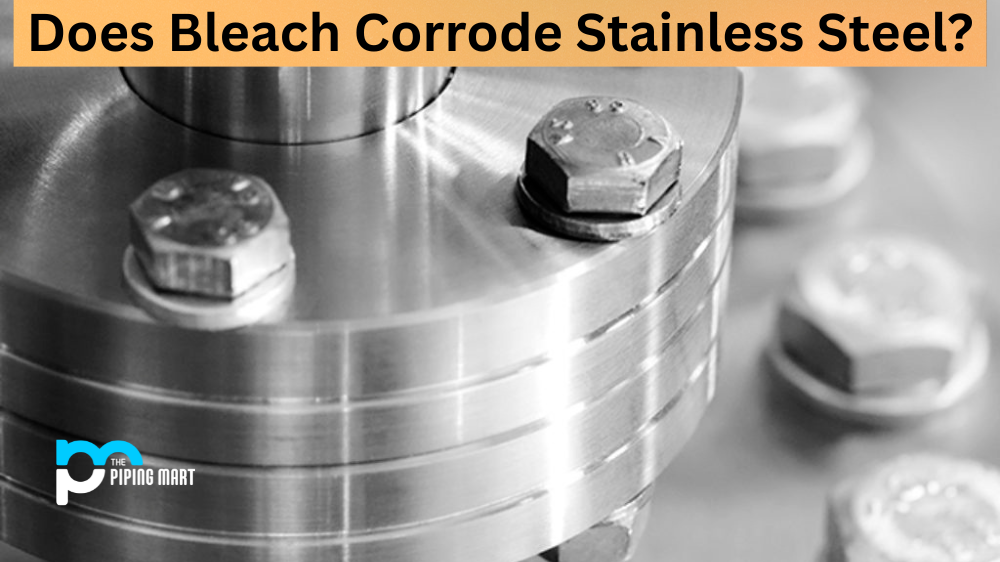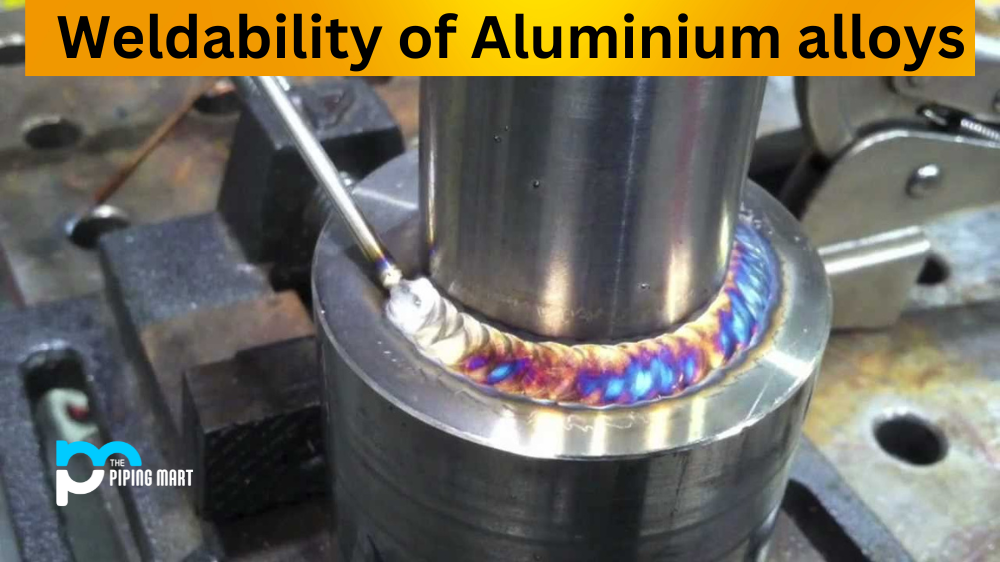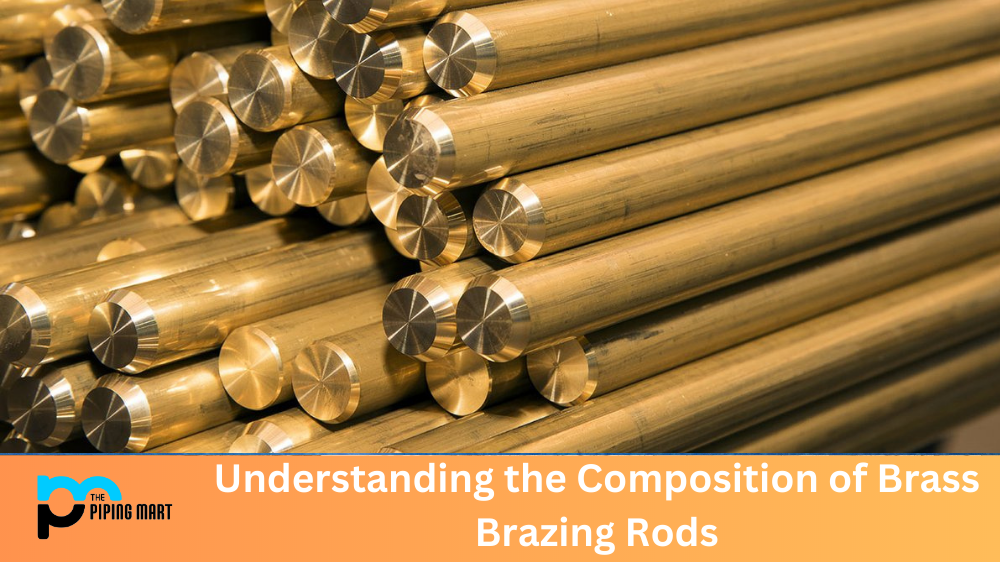Have you ever wondered if bleach can corrode stainless steel? After all, it is one of the most popular cleaning agents used in many households and commercial spaces. Although it’s an effective cleaner for other materials, does bleach corrode stainless steel? Let’s explore this question in more detail.
What Is Stainless Steel?
Before we discuss whether or not bleach corrodes stainless steel, let’s take a step back to understand what stainless steel is. Stainless steel is an alloy made from iron, carbon, and other metals. It is corrosion-resistant and thus has become a very popular material for cookware, kitchen appliances, and even medical tools and implants.
Can Bleach Corrode Stainless Steel?
The short answer to this question is yes—bleach can corrode stainless steel if left on the surface for too long. In fact, bleach can cause pitting corrosion on the metal surface over time due to its acidic content. This means that the metal surface will start to break down and will eventually become weak and brittle. To avoid this from happening, be sure to rinse off any bleach residue from stainless steel surfaces as soon as possible after you are done cleaning them with it.
How Can I Prevent Corrosion on My Stainless Steel Surfaces?
If you want to prevent your stainless steel surfaces from corroding due to exposure to bleach, there are a few steps you can take: First, be sure not to leave any bleach residue on the surface for too long—rinse it off immediately after use. Second, consider using a milder cleaner such as vinegar or baking soda instead of harsh chemicals like bleach when cleaning your stainless steel surfaces. Finally, make sure all water droplets are wiped dry after each cleaning session—this prevents watermarks that could lead to corrosion over time.
Conclusion:
In conclusion, yes – bleach can corrode stainless steel if left on the surface for too long due to its acidic content. If you have any stainless steel surfaces in your home or business that need regular cleaning with bleach products, make sure you rinse off any residue quickly and dry them thoroughly afterwards in order to prevent corrosion from occurring over time. For those looking for milder alternatives to harsh chemical cleaners such as bleach, consider non-abrasive options such as vinegar or baking soda instead! By taking these steps today, you can help ensure that your stainless steel surfaces remain beautiful for years to come!

Pipingmart is a B2B portal that specializes in metal, industrial and piping items. Additionally, we share the latest information and information about materials, products and various types of grades to assist businesses that are involved in this business.




